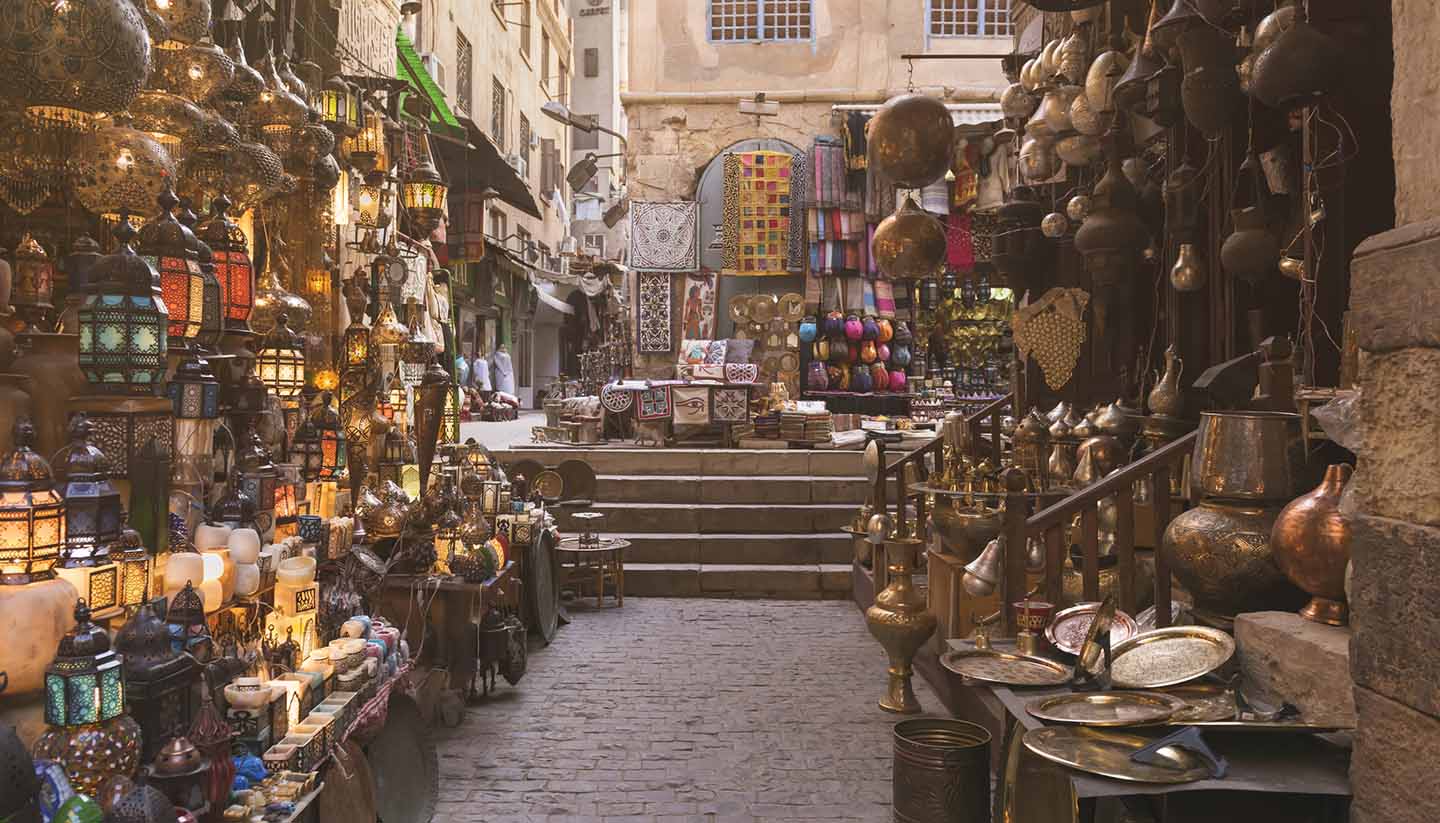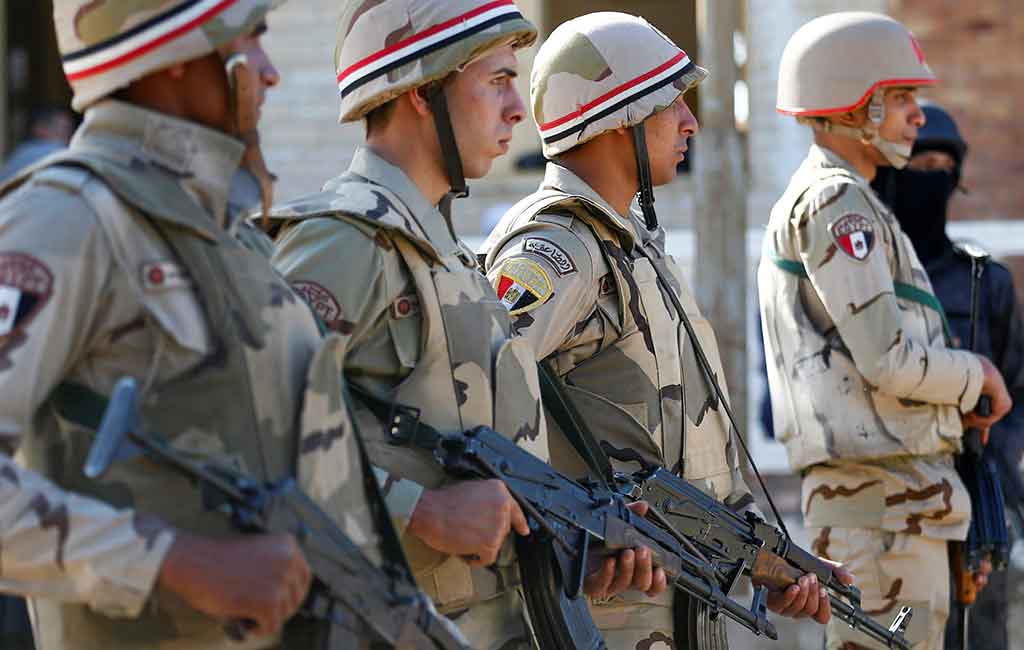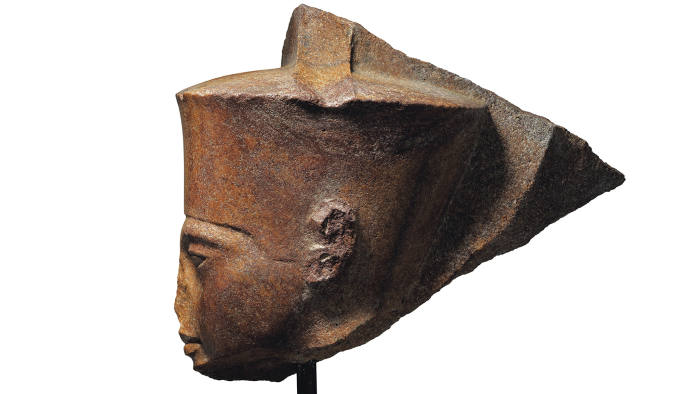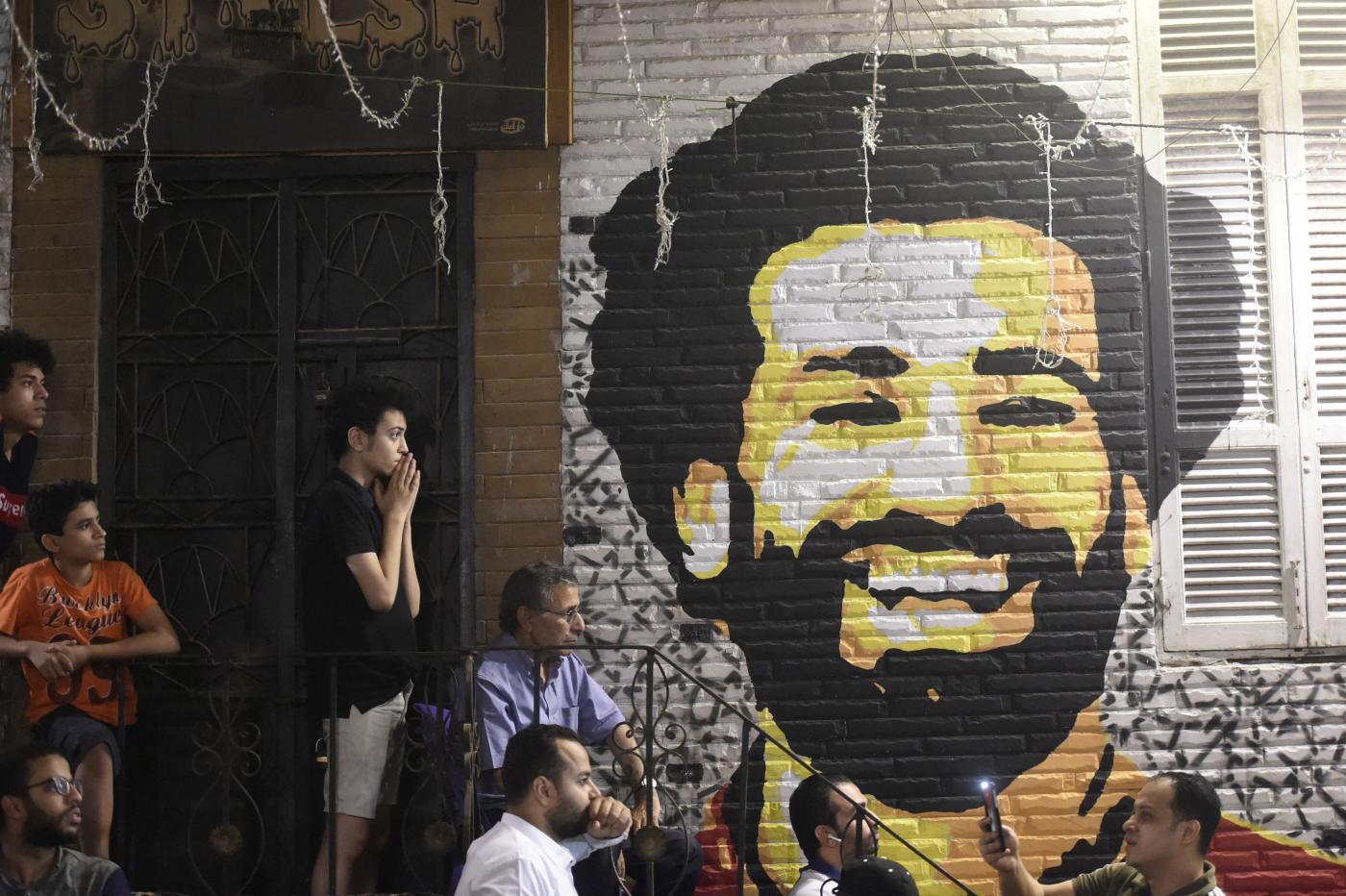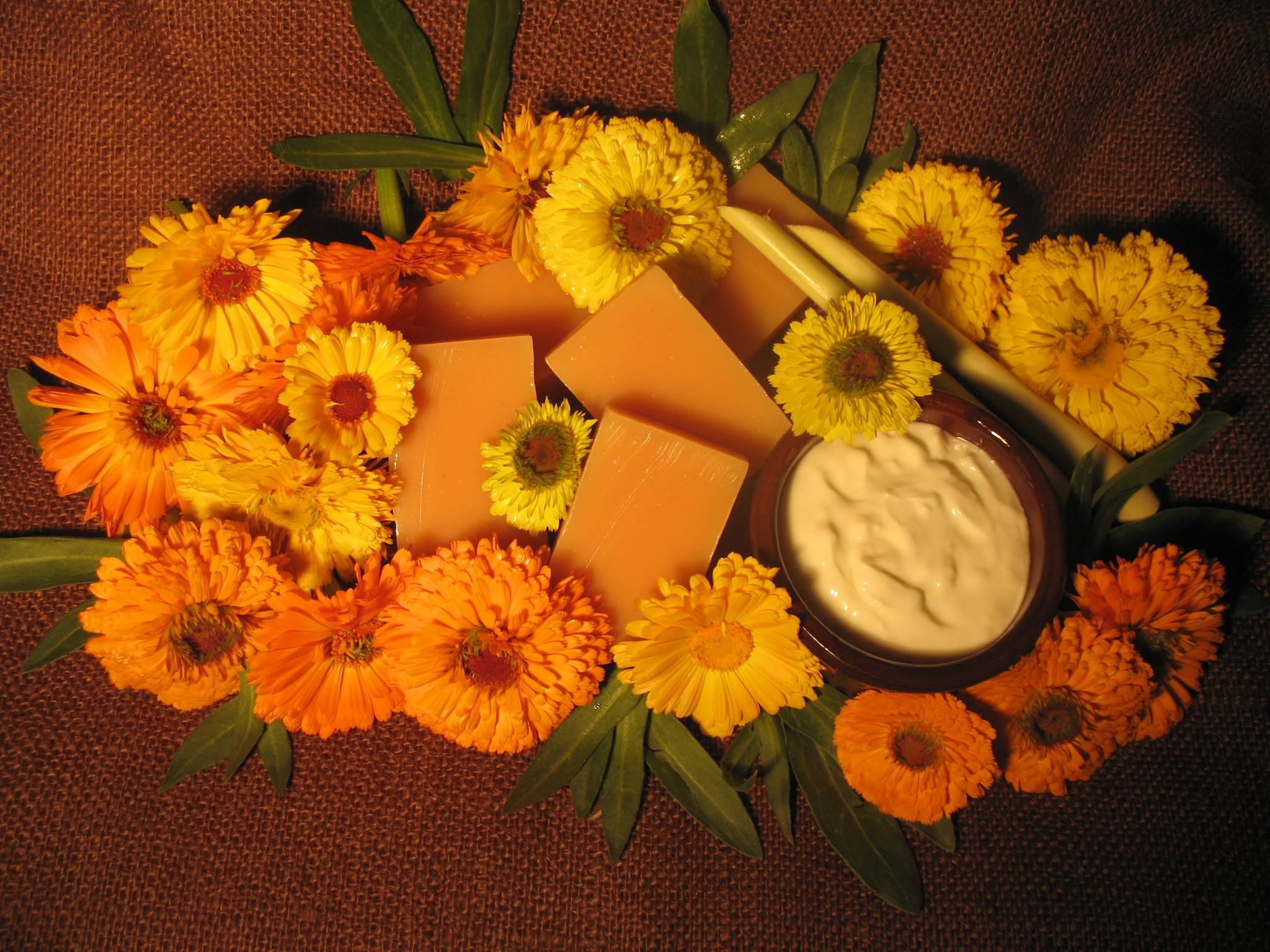Egyptian football sensation Mohamed Salah has expressed dismay and disappointment over invasive behavior from fans and journalists swarming his residence in his home village Nagrig on the first day of Eid El Futr. Salah expressed on his Twitter profile that the behavior resulted in his incapacity to leave his house to perform Eid El Ftur prayers as his customary of Muslim Egyptians and Arabs to celebrate the end of the holy month of Ramadan. اللي بيحصل من بعض الصحفيين وبعض الناس أن الواحد مش عارف يخرج من البيت علشان يصلي العيد. دا ملوش علاقة بالحب. دا بيتقال عليه عدم احترام خصوصية وعدم احترافية. — Mohamed Salah (@MoSalah) June 5, 2019 His Tweet translates to “What’s happening due to some journalists and fans is that I am unable to leave my house to perform Eid prayers,” adding that “this cannot be described as love, but rather disrespect of privacy and lack of professionalism.” Alternatively, photos of his wife and his daughter, Mekka, roaming the streets in Eid celebrations have circulated on social media. This is not the first time that the Liverpool striker had to encounter this behavior from his massive fan…
‘King Lear’ By Yehia El-Fakharany Returns to Egypt’s Theatre in June
Famous Egyptian actor Yehia El-Fakharany is set to perform once again William Shakespeare’s King Lear for the summer season starting from the first day of Eid Al-Fitr at the Marquee Theater in New Cairo. The play stars other renowned actors such as Farouk el Fishawy, Mohamed Farag, NohaAbdeen, HebaMagdy, Riham Abdel Ghafour, Rania FaridShawky, Ahmed Azmy, Ahmed FouadSelim, Nedal el Shafie and others. El-Fakharany has seen huge success with the play since its premier in April, before he performed the same role with another crew at the National Theater since 2011, gaining widespread attention and praise from audiences and critics. The play is directed by Tamer Karam, translated by professor Fatma Mousa, and includes music by producer Mostafa El-Halawany. It i also produced by newly established theatre production company, Marquee Theater, which has established four new halls across Cairo. “King Lear” is a tragic play written by William Shakespeare. It narrates the gradual descent into madness of the king after he decides to step down from the throne and divide his kingdom evenly among his three daughters. The play has been widely adapted for the stage and motion pictures,…
“Lose Yourself Without Getting Lost”: Walking Cairo in the Age of Mobile Apps
To navigate any city – foreign or familiar – requires orienting oneself spatially in some form or another. While locals are perhaps less likely to use maps as they venture out into the streets and districts known to them, or will rely on social networks and everyday routines to find their way around, tourists or individuals curious to explore lesser known territory will most probably resort to maps or tour guides as facilitators. Maps are symbolic representations of space and are therefore one of the primary tools for figuring out our whereabouts as well as for identifying various physical features such as roads or buildings within a given area. There are meanwhile countless different types of maps available; these have developed according to existing information and technology, might have emerged in response to certain needs or are the product of creative inventions. In a city like Cairo, many people would probably choose various forms of transportation over walking the streets, not least granted its vast size and oftentimes obstructed sidewalks. Yet in general, walking through the streets of any city continues to be one of the more experiential and dynamic…
Attack on Sinai Checkpoint Kills Eight Egyptian Security Officers
According to the BBC, Egypt’s Ministry of Interior revealed that eight Egyptian policemen were shot dead on Wednesday in a militant raid at a checkpoint in the northern Sinai city of El Arish. “Terrorist elements targeted a checkpoint west of El-Arish early this morning… The exchange of fire killed five terrorist elements and eight police were martyred,” the ministry statement said. Five terrorists were killed by Egyptian forces during the attack. Other terrorists fled the scene and were chased by security forces. It is unclear whether any of those who fled were captured or killed by security forces. It is a well-known fact that Egyptian military forces have been combating terrorist elements and extremist at the North of Sinai for the last years. As such, Northern Sinai is considered a closed military zone. Egypt’s military operation ‘Sinai 2018’ began on 9 February aiming to eliminate terrorism in the province, which has been troubled by an Islamist militant insurgency since 2013. The city of Arish has been particularly affected. In late May, Egypt’s military denied a report by Human Rights Watch in which the non-governmental organizations accuses the military apparatus of committing war…
Tutankhamun Head to be Auctioned by Christie’s, Sparks Outrage
British auction house Christie’s is auctioning a 3,000 old stone head sculpture of an ancient Egyptian figure bearing the facial features of Tutankhamun on July 4 in London. The news was reported by Financial Times, which also stated that the reputable company is aiming to secure at least £4m for the controversial sale. The head is supposedly privately owned and has appeared, for the first time on the open market, since 1985. News of the statue’s sale, especially considering who it represents – the famous boy king of the 18th dynasty- sparked outrage on social media where users have expressed dismay that Egyptian artifacts are still privately exploited and bargained. Many have called for the statue to be repatriated to Egypt where it would find a home with the rest of Tutankhamun’s collection now at the Egyptian Museum, going soon to be relocated to the Grand Egyptian Museum. Tutankhamun, made famous from the discovery of his intact tomb by Howard Carter in 1922, has been a key element of ‘egyptomania’ which has inspired movies, books, fashion houses and modern day architecture. The artifact, belonging to a private collection known as…
Most Read Books this Year in Egypt According to Goodreads
While the category ‘Most Read Books this Year in Egypt’, to be found on Goodreads, the largest online site for readers and book recommendations, can hardly be claimed representative of Egyptian readers as a whole, it is nonetheless interesting to take a glimpse at some of the popular reads of the past 12 months and to see whether there might be any identifiable trends or surprises amongst them. The website Goodreads was founded back in 2006 and acquired by Amazon in 2013. Its number of members has been growing exponentially, with a whole 20 million registered back in 2013. The site offers its users a number of functions, including the possibility to generate individual reading lists, rate and review books, join countless groups and discussions and basically track one’s own reading habits or set personal reading goals. For the undecided reader, there is always the option of looking into the site’s various lists, be they top 10 lists, genre or theme-based, or, in this case a list reflecting Egyptian reading habits of the past 12 months. More specifically, the list contains books that have been completed and reviewed with a…
Egypt’s Dahab is Listed as One of the ‘Best Beaches in the Middle East’ by the National Geographic
In light of summer season, on 29 May National Geographic listed the ‘Best Beaches in the Middle East’ with Egypt’s very own Dahab beach landing a spot on the list, alongside eight other beach locations in the region. For the last couple of years, Dahab has been becoming increasingly popular, especially during the winter and spring seasons. Initially, Dahab was a fishing spot for many Sinai locals and Bedouins. Later it would become a local and international must-see tourist attraction, not least because its coral reefs are considered amongst the “healthiest in the region,” National Geographic said. Researchers reported that Red Sea reefs are some of the most resilient to climate change. While it is more popular for it diving sites, Dahab’s Blue Hole, a submarine sinkhole that is at least 300 feet deep, is also a desired spot for coastal hiking overlooking the ever-so-vividly blue waters. Ras Abu Gallum protectorate is located on the coastline between Dahab and the neighboring town of Nuweiba. The protectorate also hosts 165 plant species, 44 of which are native to the site, as well as a wide variety of wildlife animals. Aside from…
The Champions League Final as Told from the Streets of Cairo
On Sunday night, 2 June, hordes of people descended upon the streets of Downtown Cairo to watch the Champions League Final held in Madrid this year. Arriving at the Qahwa (street café) early was a smart decision; by the time the clock struck nine most of the seats, and glasses of tea, were full. The continuous supply of shisha and drinks meant that no one was going anywhere; visits to the bathroom would risk you your seat. Being crammed together like sardines made it easier to stay put, sip on your shay bi nana (mint tea) and occasionally jump up and yell when necessary. Liverpool’s early penalty, taken by none other than Mohammad Salah, drew each of us out of our rickety wooden chairs and into the air. The atmosphere was contagious, and if you weren’t a football fan before then you certainly would become one now. Even though the match’s most exciting moments happened in the first and final minutes, all the action in between still had people on the edges of their seats. Whenever Mo Salah broke through with the ball, effortlessly charging through the Spurs’ line of…
Natural Skincare Made in Egypt: Black Lotus
As early as in ancient times, Egyptians are known to have given importance to various beautifying practices and cosmetic treatments. Taking special care of skin and hair, they made use of a wide range of natural ingredients and materials, both for practical and health purpose, and because they saw aesthetic value in them. Certain beauty regimens served ritualistic functions or even had symbolic meanings attached to them. Cleopatra herself apparently used to take milk and honey baths for natural exfoliation or applied Aloe Vera as an everyday essential. Other such beauty tricks and secrets – albeit mostly used by wealthier Egyptians at the time – included sea salt baths and scrubs for removing dead skin, or using various natural oils such as castor, sesame, almond and moringa oil to remove wrinkles and tighten skin, essentially with the aim of preserving youth. The same would go for hair treatment, whereby mixtures of oil and honey served as natural conditioners and would tame any unwanted frizz; or so-called ‘sugaring’ – a natural hair removal method popular up until today – was done with a natural sugar and lemon juice paste. While many…



